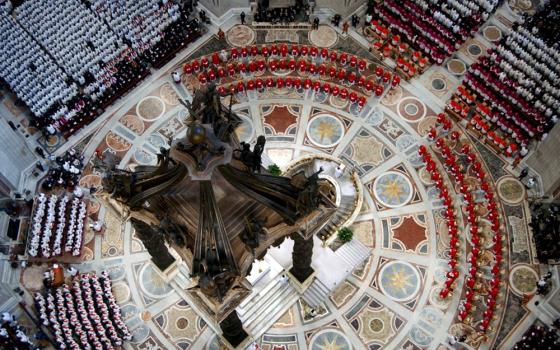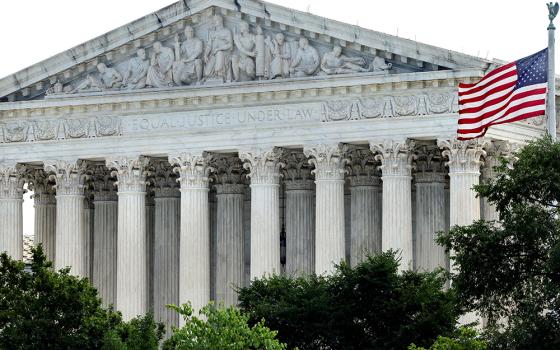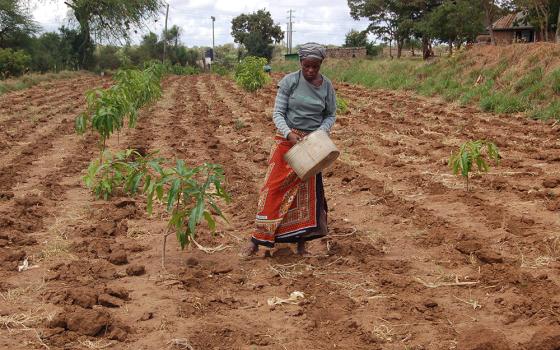The Court of Appeals in Virginia yesterday upheld that state's ban on partial birth abortions by a 6-5 vote. A three member panel of the court had earlier invalidated the law but had to revisit the issue after the U.S. Supreme Court upheld a national ban on the procedure.
There are two effects of the ruling, both of them admirable. First, it keeps the legislature in the business of deciding policies on this issue instead of the courts. People forget that Roe v. Wade permitted the state to set regulations and restrictions on the procedure. The state legislature is the proper venue for determining such regulations and restrictions.
The second beneficial effect of the ruling is that it chips away at the notion that women have a constitutional right to an abortion at any time and for any reason, that our legal regime is, in effect, abortion on demand. For the past 35 years, it has certainly seemed that way because the "health of the mother" has been interpreted to include mental health, a loophole through which you can drive a truck. If you read Chief Justice Burger's concurring opinion in Roe, you will find he explicitly said the Court did not intend to canonize abortion on demand.
Pro-life Catholics need to work just as hard at winning such legal battles as we do at finding common ground on reducing the abortion rate. This is difficult because pro-choice advocates are enraged by rulings such as yesterday's in Virginia . But, they need to re-read Roe.
When abortion advocates say, as Stephanie Toti of the Center for Reproduction Rights argued yesterday, that "[t]his decision is yet another assault on women's constitutional rights" they need to be reminded that any fair-minded reading of Roe does not recognize the right to an abortion as an absolute right. Pro-choice advocates are free to make their case that such rights should be recognized, but let them make that argument in a legislature.






